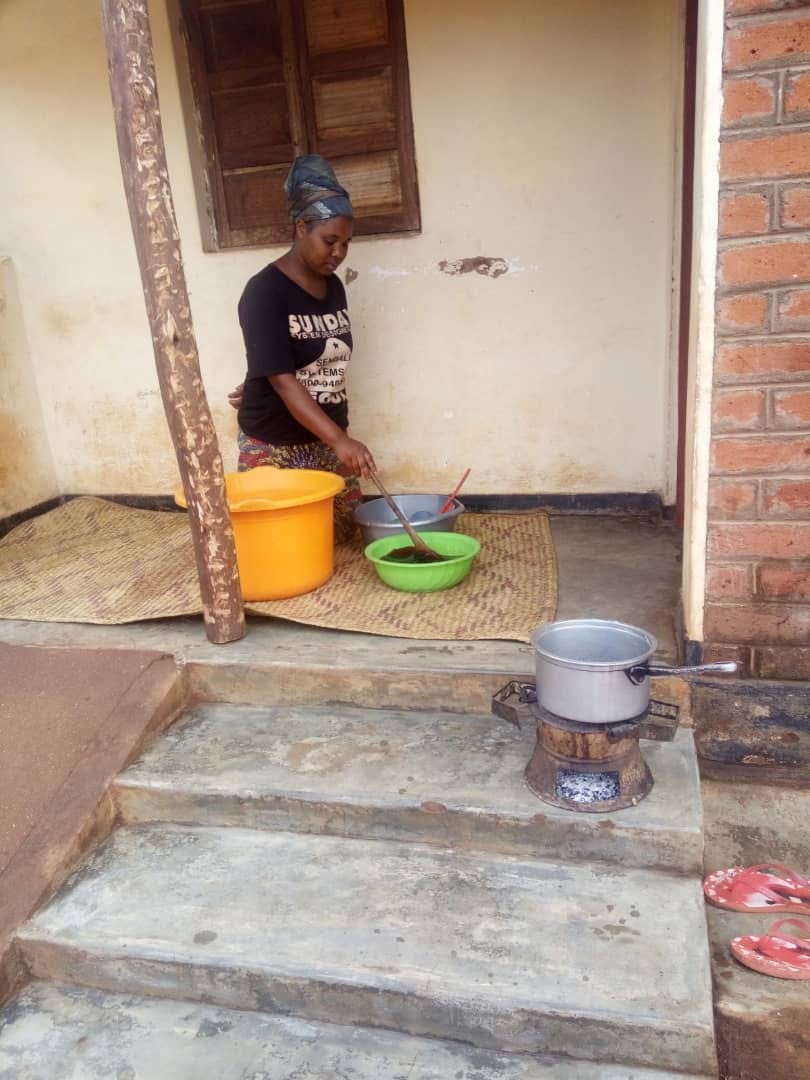Small-Scale Enterprise in Malawi Battles Food Waste Through Agro-Food Processing
Food waste a big problem in Traditional Authority Ntchema, writes Royal Kasiya.
CHIRADZULU, Malawi – The problem of food waste continues to plague Traditional Authority Ntchema, just like in many other parts of the country, where an estimated one-third of all agricultural food produced is discarded annually, writes Royal Kasiya.
This not only poses a significant environmental concern but also represents a substantial loss of resources, including land, energy, and financial investment.
In an effort to combat this pressing issue, Magomero Food Processing Enterprise, a small-scale enterprise, has emerged as a beacon of hope.
Founded by a group of determined women who were deeply troubled by the scale of food waste in their community, the enterprise aims to reduce waste by processing agricultural products into various consumable forms.
“Food waste is a huge problem, both environmentally and financially,” says Elizabeth Kajawo, chairperson of the group.
“An estimated one-third of all agricultural products are spoiled each year, causing significant environmental damage and a loss of valuable resources.”
The mission of Magomero Food Processing Enterprise is to salvage surplus agricultural food products that would otherwise be discarded and process them into longer-lasting products. \
Local farmers are encouraged to partner with the enterprise by providing fruits and other perishable goods.
These products are then transformed into finished goods such as juice, jam, and wine, which are sold at reasonable prices to community members. Additionally, a portion of the products is preserved for future use.
Since its establishment, Magomero Food Processing Enterprise has trained over 200 community members in agro-food processing.
Moreover, the enterprise’s endeavours have enabled five orphans to pursue secondary education by providing them with basic necessities and school fees from the revenue generated through product sales.
“I have been a beneficiary of Magomero Food Processing Enterprise for the past few years. Access to education, made possible by the enterprise’s support, has been a true blessing. It helped me achieve my academic goals,” expresses Lewis Fernando, a grateful orphan who has received educational assistance from the enterprise.
Community member Yohane Robert hails the enterprise as a lifesaver.
He shares, “Before, it was difficult for me to process agricultural products. But with the knowledge and skills gained through the enterprise, I can now process and preserve these products, allowing my family to use them for a longer period of time. I am also able to sell some of the products and provide my family with basic needs.”
However, like many enterprises, Magomero Food Processing faces challenges.
The use of manual labour instead of modern technologies hampers their efforts to process agricultural products to meet the growing demand. To address this, the enterprise has resorted to hiring advanced technological machines for large-scale processing.
Another obstacle is the lack of modern storage facilities, especially for processed products such as juices.
To overcome this hurdle, the enterprise collaborates with community members to access modern refrigerators.
Bertha Mwale, the enterprise’s secretary, lauds the teamwork among community members, which she believes has contributed to a reduction in food waste.
Through their training programmes, Magomero Food Processing strives to empower more community members in Magomero with agro-food processing skills, transforming food leftovers into viable economic enterprises.
Elizabeth Kajawo, the group’s leader, emphasises their commitment to providing training to as many community members as possible.
By imparting agro-food processing skills, Magomero Food Processing Enterprise seeks to empower individuals to turn their food leftovers into sustainable economic opportunities.




If rural small holders produce $usa300 equivalent in kwacha and waste a third they are losing $usa100 a year. This is a substantial loss and a poverty contribution. To get it down to $50 usa or less as a loss would be a great start. Increasing production and reducing losses should be a two horned method of poverty reduction with rural farmers.
The initiative mentioned in the blog is to be commended.